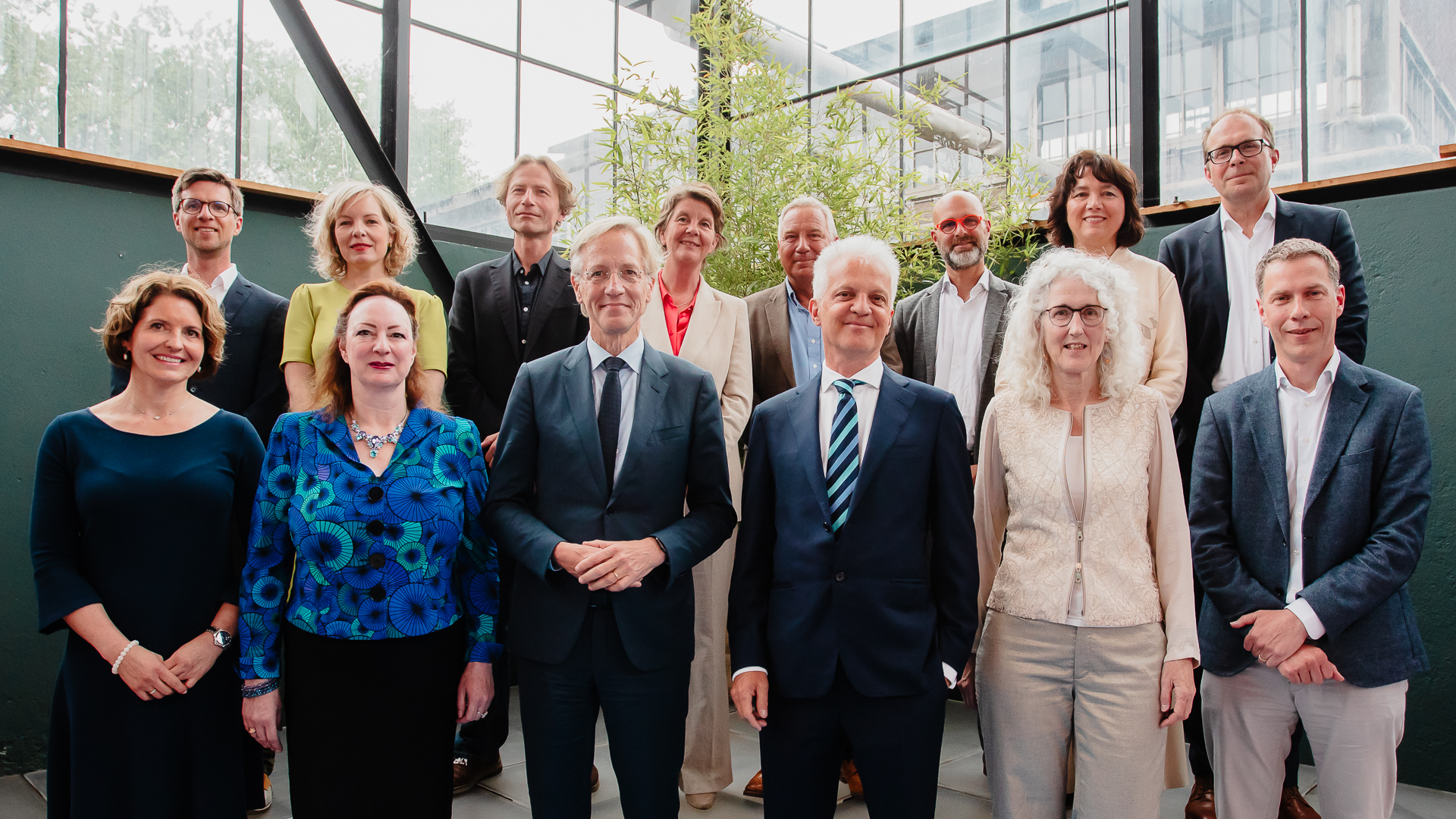NWO Summit Grant to investigate fundamental quantum limits
A research consortium from TU Delft and Leiden University receives an NWO Summit Grant of 35 million euros, as a long-term support and to continue their prominent role internationally. They aim to investigate the fundamental limits of quantum physics. In total five consortia from different Dutch universities will receive a total of 188 million euros to strengthen the position of Dutch science.
The Summit grant is intended for research consortia that have proven in existing collaborations that they belong to the absolute world top or are very close to it and can make the leap to the absolute world top with this instrument. The assigned projects come from a variety of science fields and have proven their worth in recent years by contributing essential insights into their own field of science. The interdisciplinary teams are now given the peace of mind and space to successfully pursue their project, thereby making an important contribution to new knowledge for society.
The minister of OCW put the research consortia receiving the research funding in the limelight today during a festive ceremony to celebrate the importance of top research in the Netherlands.
Quantum limits project
This research project aims to investigate the fundamental limits on physical processes imposed by the laws of quantum mechanics, by exploring the behavior of quantum systems at the nanoscale. What is the size limit of the quantum domain, how massive or how complex can a system in quantum superposition be, is there a quantum granularity of space and time? Answers to these questions can point the way to radically new fundamental or technological breakthroughs.
Lead applicant and scientific director at QuTech, Lieven Vandersypen says about the grant: “Despite all the successes of quantum theory, major gaps in our understanding remain. They are big open questions, many of them interrelated, and these occur when we take quantum mechanics to its limits. The consortium we have brought together is eminent, balanced in composition and with expertise across all the relevant disciplines. We will work as a team, collaborating on specific topics with the other members of the consortium, and with the new researchers we will attract.”
He continues: “This Delft-Leiden consortium has a history of joint work and community building of more than twenty years, spanning large joint research projects funded by an ERC Synergy and two large Dutch so-called Gravitation programs, during which we had joint work meetings and retreats, as well as a joint graduate school with specialized PhD level courses, spring schools and a new joint MSc program in QIST. Finally, two of the co-investigators were driving forces behind the national agenda for quantum technology and the Quantum Delta NL program. Where the QDNL program is focused on economic impact, we will be able to leverage the investments in infrastructure and build-up of know-how from this program in our Quantum Limits research.”
About NWO Summit Grant
The Summit Grant is a funding instrument for scientific collaborations from diverse scientific fields. These research consortia have proven that, in existing collaborations, they belong to the absolute world top or are very close to it and can make the leap to the absolute world top with this instrument.
With the funding for this programme the Ministry of Education, Culture and Science aims to promote research of exceptional quality and achieve major breakthroughs with the funded research. The breakthrough should mark a significant shift, advance or insight in relation to existing ideas and methods, conceptual frameworks, tools or technologies, for example by increasing, expanding or deepening those elements.
Applicants
Lead applicant:
- Lieven Vandersypen, QuTech; Delft University of Technology
Co-applicants:
- Carlo Beenakker, Leiden University; Leiden Institute of Physics
- Eliska Greplova, Delft University of Technology; Quantum Nanoscience
- Simon Groeblacher, Delft University of Technology; Quantum Nanoscience
- Ronald Hanson, QuTech; Delft University of Technology
- Bas Hensen, Leiden University; Leiden Institute of Physics
- Barbara Terhal, QuTech; Delft University of Technology
- Stephanie Wehner, QuTech; Delft University of Technology
A second NWO Summit Grant for TU Delft
Colleagues at the TU Delft will also receive an NWO Summit Grant, in order to answer the question: “what is life?” The EVOLF consortium will—from lifeless biomolecules—build a living synthetic cell with core properties of life: autonomous growth, replication, communication and evolution. To realise and integrate these complex functions, laboratory evolution will be employed by artificial intelligence.
At the same time, ethical guidelines will be established for the responsible development of synthetic life. Building a synthetic cell will provide unprecedented insights into the basis of biological life. The lead applicant of this grant is Cees Dekker from TU Delft, in collaboration with other colleagues from the TU Delft, AMOLF, and Radboud University.

